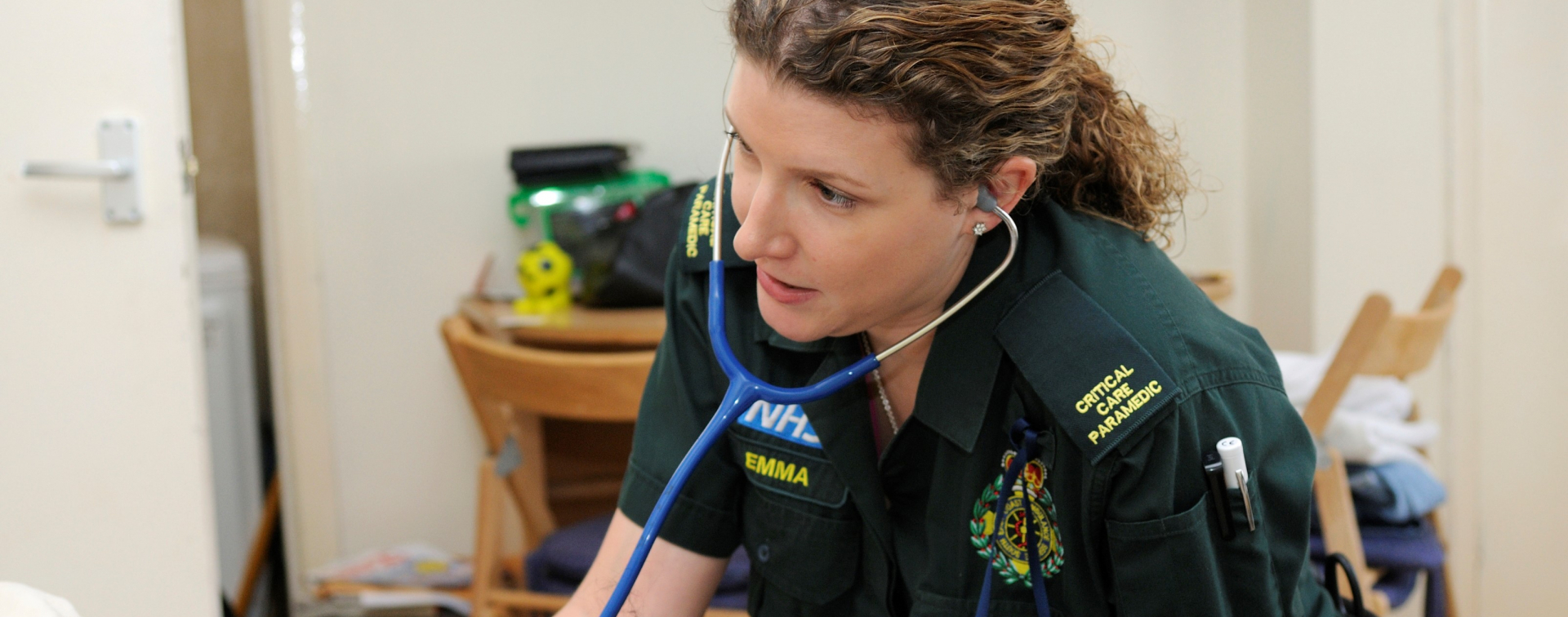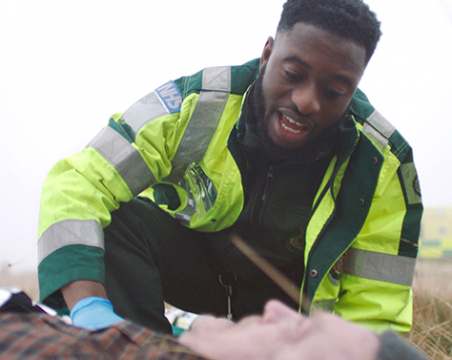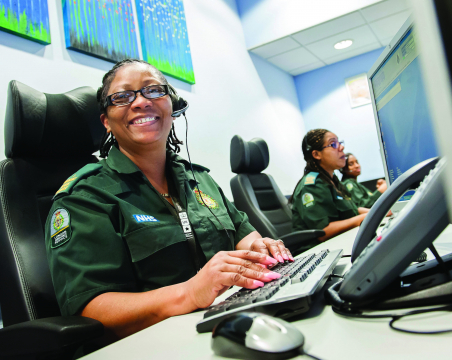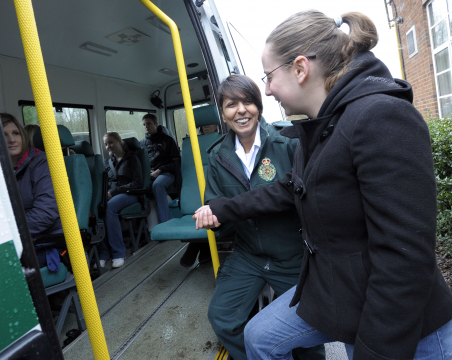
Save and change lives with a career in the ambulance service
An ambulance service career is much more than 'flashing blue lights'! You'll make a difference every day to patients in emergency and non-emergency situations.
You'll have career choices
There are a variety of roles in the ambulance team from paramedic to patient transport. Some jobs need a degree education while others are direct entry so you can apply for a job straightaway. There are also apprenticeship opportunities for many ambulance service roles.
Whatever your situation or strengths, the ambulance team has the role for you.

You'll be rewarded
There’s more than one reason why a career in the NHS is rewarding. Not only will you enjoy a competitive salary, you’ll also get a generous pension and exclusive health service discounts too. And to help you enjoy a healthy work/life balance, you’ll work a flexible 37.5 hour week with 27 days holidays a year plus public holidays.
You'll also know that you are making a difference every day.

You'll make progress
You’ll have countless opportunities to progress. You’ll enjoy continuous professional development, helping you to develop your skills, gain new ones, and progress to roles at a higher pay grade.
And with annual reviews and the support of our team, you’ll have career potential that matches your ambitions.

Get information on careers in the ambulance service straight to your inbox
We'll send you advice and tips on starting your NHS career including how to get work experience and applying for training and jobs.
Real-life stories
Hear from our passionate team and find out what being part of the ambulance team is really like.
Find your role with us
Explore all the ambulance service team roles we have to offer, from paramedic to patient transport.